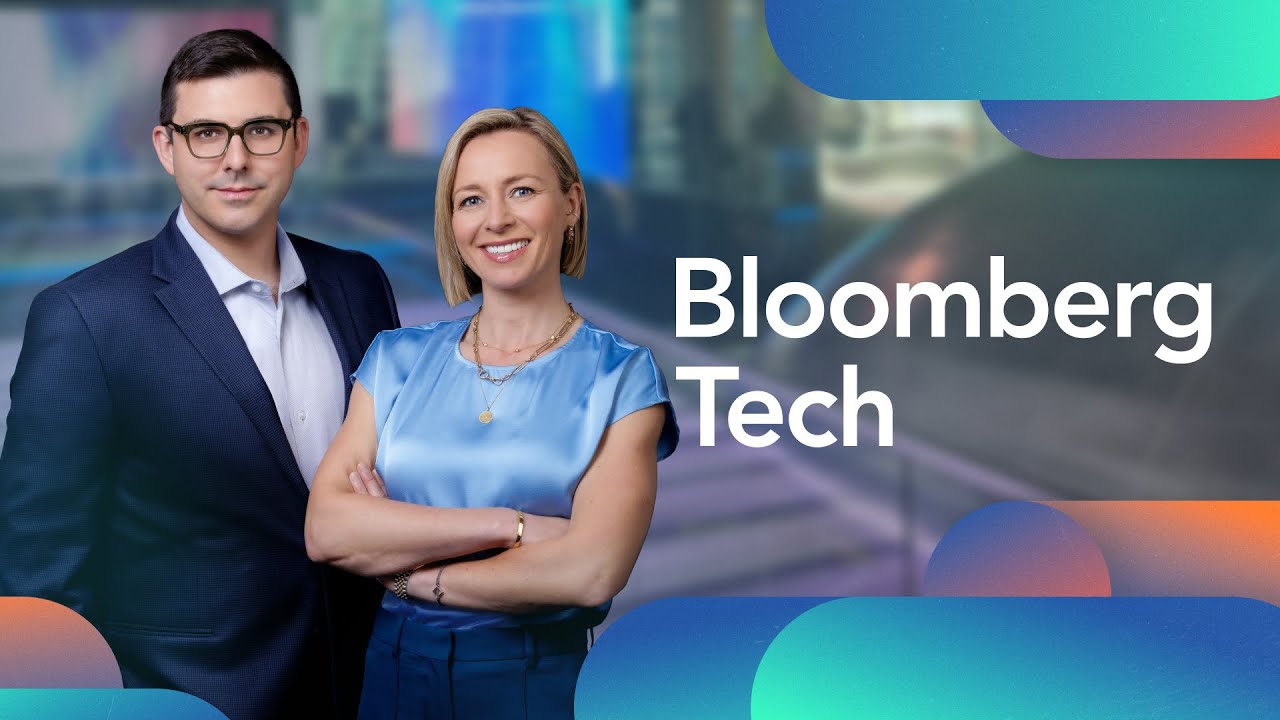Qualcomm is aggressively entering the AI data center chip market with its new Neural Processing Unit, aiming to challenge Nvidia’s dominance while engaging major data center operators, amid a bullish tech sector outlook driven by strong earnings and AI investments. Meanwhile, geopolitical tensions, government partnerships, and advancements in semiconductor and defense technologies underscore the complex landscape shaping the future of innovation and market dynamics.
The Bloomberg Tech segment opens with a focus on Qualcomm’s significant stock surge, driven by its entry into the AI and machine learning data center chip market, aiming to challenge Nvidia’s dominance. Qualcomm has developed a Neural Processing Unit (NPU) and secured a key customer, signaling a serious commitment to this space. Analysts note that Qualcomm is leveraging its mobile technology expertise, scaling it up for PCs and now data centers, and is actively engaging with major data center operators and hyperscalers to expand its footprint beyond initial deployments.
The discussion then shifts to the broader technology sector, highlighting the upcoming earnings reports from major players like Apple, Meta, Amazon, Microsoft, and Alphabet. Investors are particularly focused on capital expenditures related to AI, as these companies are key customers of Nvidia. Market sentiment remains bullish, with most analysts maintaining buy ratings on these tech giants, citing their strong cash flow, stability, and management quality. Despite concerns about an AI bubble, experts argue that current valuations are supported by high earnings growth and durable fundamentals, distinguishing this period from past tech bubbles.
In the semiconductor arena, AMD has reportedly partnered with the U.S. Department of Energy to build two supercomputers, reflecting increased government investment in advanced computing infrastructure. Meanwhile, Crusoe Energy is expanding its AI data center operations with significant funding and plans for large-scale campuses in the U.S. and potentially the Middle East. The company emphasizes a vertically integrated, energy-first approach to support high-performance AI computing, benefiting from recent regulatory efforts to expedite infrastructure development.
Geopolitical tensions between the U.S. and China remain a critical backdrop, especially concerning semiconductor trade restrictions. Nvidia’s CEO Jensen Huang is actively lobbying for eased restrictions to regain access to the Chinese market, which currently accounts for a significant portion of the company’s revenue. However, national security concerns persist in Washington, with bipartisan caution about allowing advanced AI chip technology to flow to China. This dynamic is playing out alongside President Trump’s upcoming meeting with Chinese President Xi Jinping, with trade negotiations showing some diplomatic progress but leaving major issues unresolved.
Finally, the segment touches on broader themes in technology and defense, including increased venture capital interest in defense tech and space as emerging domains of competition. Investors highlight the importance of supply chain resilience, particularly for rare earth materials critical to advanced technologies. The conversation also covers Apple’s plans to enhance iPad cooling technology by adopting vapor chambers from iPhones, and the ongoing corporate drama at Warner Bros. Discovery amid takeover bids. Overall, the tech sector is portrayed as navigating a complex landscape of innovation, market optimism, regulatory challenges, and geopolitical risks.
